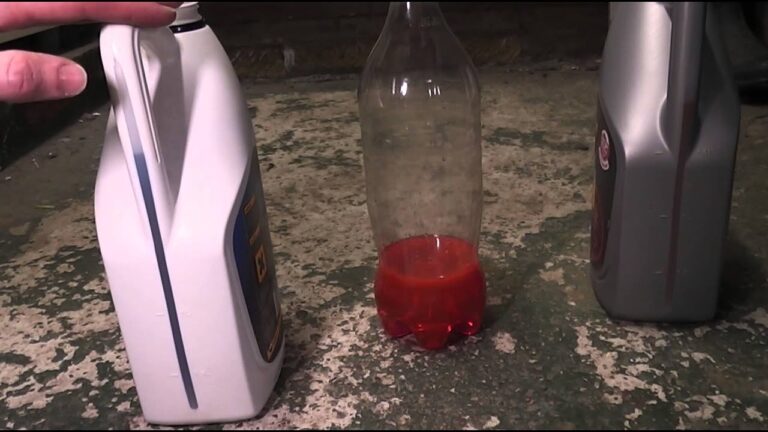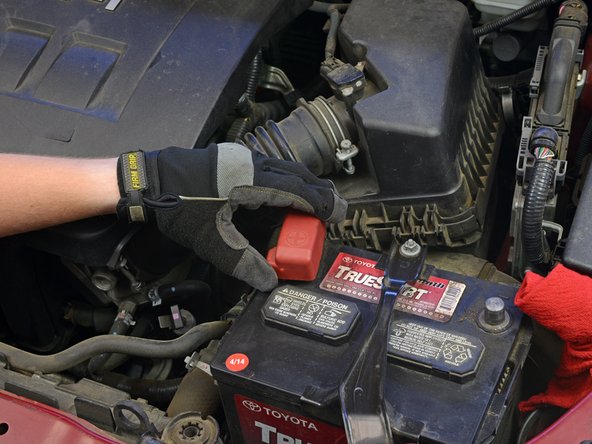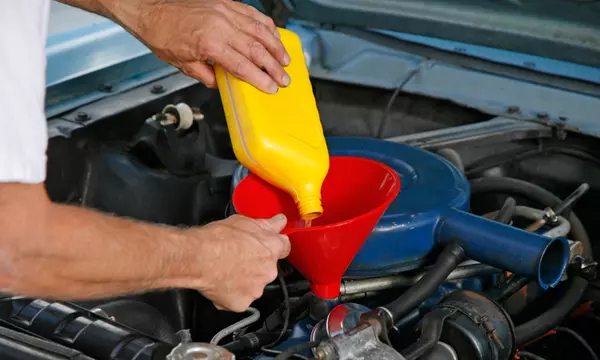Does Gas Freeze in a Car?

As winter temperatures drop, drivers often wonder if the fuel in their car could freeze. This concern is valid, especially for those living in colder climates where extreme temperatures are common. Understanding whether gas can freeze and how to prevent fuel-related issues can help you avoid unnecessary headaches during the winter months.
In this article, we’ll explore whether gas can freeze in a car, what factors contribute to freezing, and practical tips to prevent fuel problems in cold weather.
Can Gas Freeze in a Car?
Gasoline does not freeze in the same way water does. It has a much lower freezing point due to its chemical composition. However, while gasoline is highly resistant to freezing, certain factors can cause issues in your fuel system during cold weather.
Freezing Point of Gasoline
- Gasoline: The freezing point of gasoline typically ranges between -40°F and -100°F (-40°C to -73°C), depending on the specific blend and additives.
- Diesel: Diesel fuel has a higher freezing point and is more prone to gelling in cold temperatures.
For most regions, winter temperatures are not cold enough to freeze gasoline, but other problems can arise.
Factors That Can Affect Gasoline in Cold Weather
1. Moisture in the Fuel System
Moisture can accumulate in your fuel tank or fuel lines, especially when the tank is not full. In freezing temperatures, this moisture can freeze and block fuel flow, leading to starting issues or stalling.
2. Low Temperatures and Fuel Additives
Winter-grade gasoline contains additives that prevent freezing and improve performance in cold weather. If you’re using summer-grade fuel during winter, it might not perform as well in extremely low temperatures.
3. Fuel Lines
While gasoline itself is resistant to freezing, the fuel lines in your car can be affected by freezing moisture, creating blockages and preventing fuel from reaching the engine.
Signs of Fuel-Related Problems in Cold Weather
If you’re experiencing any of the following issues, it might be due to frozen moisture or fuel system problems:
- Difficulty starting the car.
- Engine stalling or misfiring.
- Reduced fuel efficiency.
- Delayed engine response.
How to Prevent Gas from Freezing
1. Keep the Fuel Tank Full
Maintaining a full or nearly full fuel tank reduces the amount of air and moisture in the tank, minimizing the risk of freezing.
2. Use Fuel Additives
Fuel additives, such as antifreeze or fuel stabilizers, can help prevent moisture from freezing in the fuel system. Look for products designed for winter conditions.
3. Park in a Garage or Shelter
Parking your car in a garage or sheltered area helps protect it from extreme cold and reduces the chances of freezing fuel lines.
4. Use Winter-Grade Fuel
In colder regions, gas stations typically switch to winter-grade gasoline, which contains additives that lower the freezing point. Make sure you’re using the appropriate fuel for the season.
5. Regular Maintenance
Ensure your car’s fuel system is in good condition. Regularly check for leaks, clean the fuel injectors, and replace the fuel filter as needed.
FAQs
1. Can Diesel Freeze in a Car?
Yes, diesel fuel is more prone to freezing or gelling in cold weather. This occurs when paraffin wax in the fuel solidifies at low temperatures. Diesel drivers often use anti-gel additives to prevent this issue.
2. What Should I Do if My Fuel Lines Freeze?
If you suspect frozen fuel lines, try warming up the car in a heated garage or using a fuel-line antifreeze product. Avoid trying to start the car repeatedly, as this can drain the battery.
3. Does Adding Water to Gas Prevent Freezing?
No, adding water to gas is not a solution and will worsen the problem. Instead, use fuel additives specifically designed to prevent freezing.
4. Is There a Difference Between Summer and Winter Gasoline?
Yes, winter gasoline is formulated with a different blend to perform better in cold temperatures. It has a lower Reid Vapor Pressure (RVP), which helps the fuel evaporate and ignite more easily in colder weather.
5. Can Ethanol in Gasoline Freeze?
Ethanol, often used as an additive in gasoline, has a higher freezing point than gasoline itself. However, its presence can also help absorb moisture, reducing the risk of freezing.
Conclusion
While gasoline is highly resistant to freezing, moisture in the fuel system and other cold-weather factors can cause problems. By taking preventive measures such as keeping your fuel tank full, using winter-grade fuel, and parking in a sheltered area, you can avoid most fuel-related issues during the winter months.
Understanding how cold weather affects your car’s fuel system can save you time and money while ensuring your vehicle runs smoothly, no matter the temperature.
Also Check:
• Does Car Heater Consume Gas?
• Does Coolant Reservoir Fluid Get Into the Radiator?
• Does the Alternator Charge the Battery When the Car is Off?






One Comment